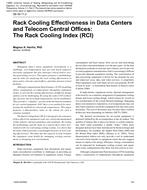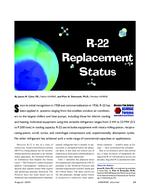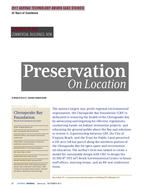This paper reviews the previous attempts to evaluate the Indoor Air Quality (IAQ), investigates previously proposed IAQ factors and analyses the evaluation methods of these factors. The present work introduces, also, a new hypothesis of the optimum HVAC airside system design of the surgical operating theatres to achieve the comfort and hygiene levels. The present work is devoted to propose and formulate a new scale capable of adequately evaluating the airflow pattern in the surgical operating theatres. The proposed new scale is proposed to cover the local and overall air quality evaluations. A new Neuro fuzzy technique was applied to derive measures for indoor air quality indices. Indoor Air Quality (IAQ) is more critical in healthcare facilities due to the dangerous microbial and chemical agents present and the increased susceptibility of the patients. Hospitals and other healthcare facilities are complex environments that require ventilation for comfort and to control hazardous emissions. Surgical operating theatre is the most important and complex zone in the hospital, and requires more careful control of the aseptic conditions of the environment. Most of the previous researches aiming at evaluating the IAQ were based on the evaluation of the air distribution depending on the residence and leaving age of the air supplied to the enclosure. Other attempts were also reported to indicate the effectiveness of contaminant removal by the entire airflow pattern as an indication to the IAQ.This paper recommends some designs of the supply air outlets to provide the vertically downward airflow as a practical solution. The near ceiling and near floor extract ports are to be used instead of the hypothetical completefloor extract as a practical solution.
Product Details
- Published:
- 2012
- Number of Pages:
- 6
- File Size:
- 1 file , 1.3 MB
- Product Code(s):
- D-CH-12-C056
- Note:
- This product is unavailable in Russia, Belarus


